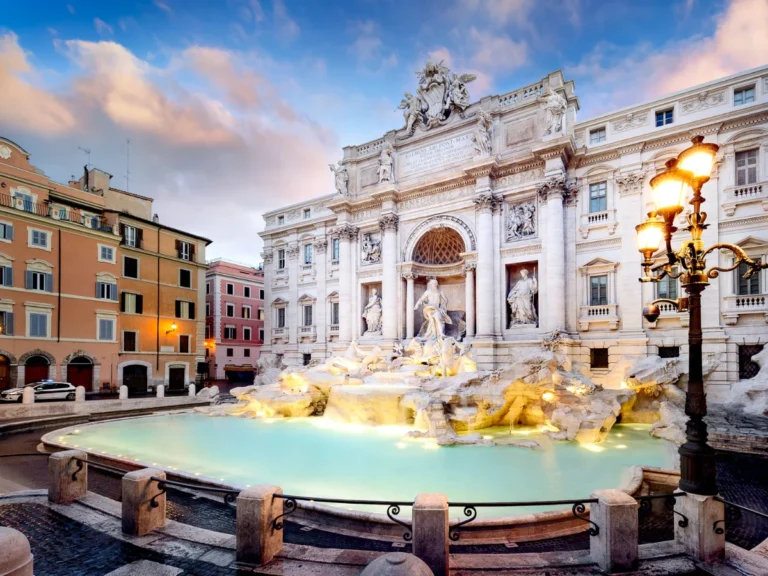Refugees in Italy navigate a structured process to obtain citizenship
Refugees in Italy navigate a structured process to obtain citizenship, involving residency requirements, documentation, language proficiency, and cultural integration. Legal aid and integration programs assist refugees in this journey, culminating in citizenship application review by authorities. Upon successful citizenship acquisition, refugees gain rights including voting and accessing public services, fostering their contribution to Italian society. Citizenship symbolizes belonging and provides stability, enabling refugees to rebuild their lives and actively participate in shaping Italy’s diverse communities.

Refugees in Italy navigate a structured process to obtain citizenship
Obtaining citizenship in Italy for refugees involves a structured process designed to provide security and opportunities for those fleeing persecution or conflict.
Application Process: Refugees submit applications to the Italian government, detailing their refugee status and reasons for seeking citizenship.
Residency Requirements: They must meet residency criteria, usually residing in Italy for a specified period, typically five years.
Documentation: Applicants compile necessary documents, including identification papers, proof of refugee status, and evidence of integration into Italian society.
Language and Cultural Integration: Demonstrating proficiency in the Italian language and embracing Italian culture are essential aspects of the integration process.
Legal Assistance: Many refugees seek legal aid from organizations specializing in refugee rights to navigate the complex legal procedures.
Integration Programs: Italy offers integration programs providing language classes, job training, and social support to help refugees adapt to their new environment.
Citizenship Application Review: Authorities review applications thoroughly, considering the applicant’s refugee status, integration efforts, and adherence to Italian laws.
Citizenship Benefits: Successful applicants gain rights such as voting in elections, accessing public services, and traveling freely within the EU.
Contributions to Society: Refugees who obtain citizenship contribute to Italian society through work, cultural enrichment, and community engagement.
Symbol of Belonging: Italian citizenship serves as a symbol of belonging. Offering refugees a sense of stability and security in their new home.
Navigating the citizenship process empowers refugees to rebuild their lives, contribute to their communities, and become active participants in shaping Italy’s diverse society.
